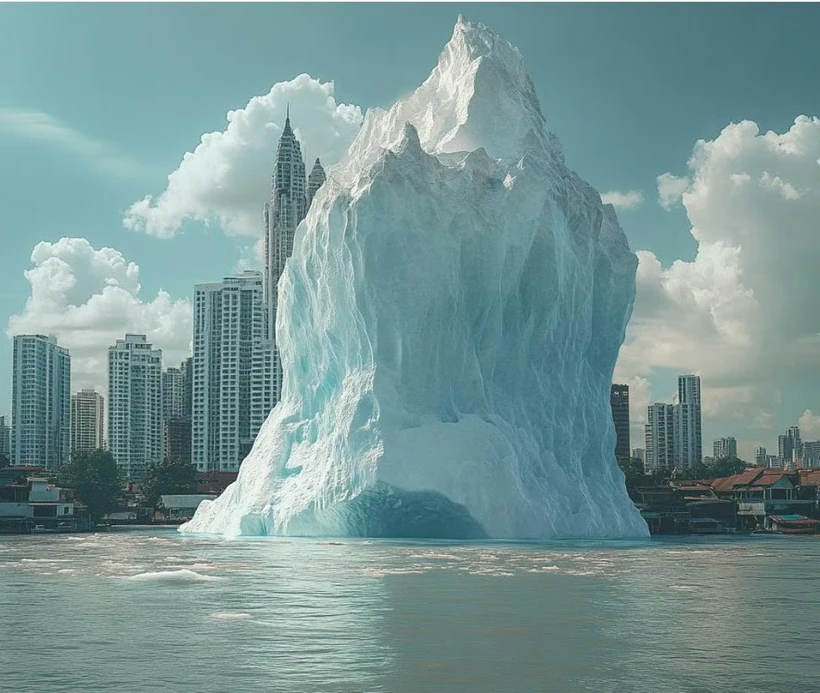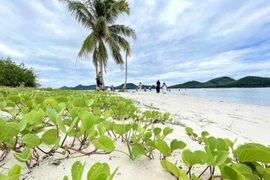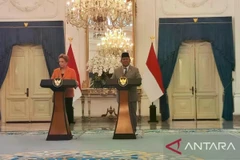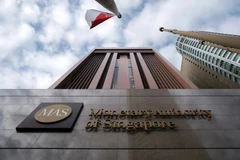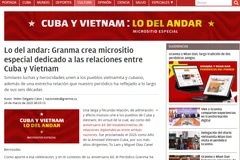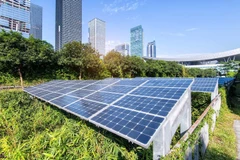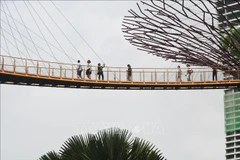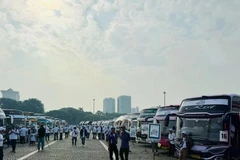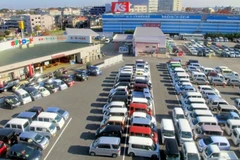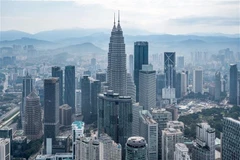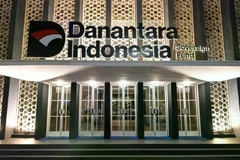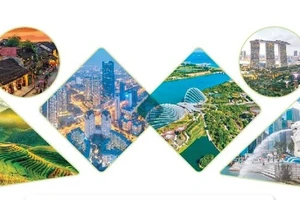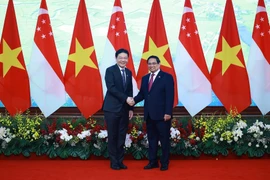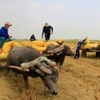Bangkok (VNA) – A Thai environmental expert has warned that the country’s coastline faces a risk of disappearance within 25 years as the world’s largest iceberg, A23a, melts rapidly due to rising global temperatures, contributing to rising sea levels.
Sonthi Kotchawat, an esteemed oracle of environmental and health sciences, revealed that the iceberg A23a, spanning approximately 3,500 square kilometres with an average thickness of 280 metres, has been grounded off South Georgia Island near Antarctica since breaking away in 1986, local media reported.
As global temperatures continue to exceed the 1.5 degrees Celsius threshold set by the Paris Agreement, A23a is at risk of breaking into smaller icebergs, which can disrupt key shipping routes in the Southern Ocean. This fragmentation could also impact commercial fishing and threaten local wildlife, including seals and penguins, Sonthi said.
The expert explained that when melting, the iceberg releases carbon dioxide and unlocks a cascade of nutrients into the azure waters—a biochemical serenade that might spur paradoxical blooms of life in the form of plankton, whose proliferation could reverberate through food chains.
According to Sonthi, in Thailand, where sea levels have already been rising by an average of 5.8 mm per year, the most vulnerable areas include Phra Samut Chedi district in Samut Prakan province, Bang Khun Thian district in Bangkok, and Bang Krachao in Samut Sakhon province.
He also cited a report by UNESCO, warning that if current trends persist, severe flooding will become more frequent in Thailand’s low-lying areas by 2050, negatively affecting 10% of the country's population./.
